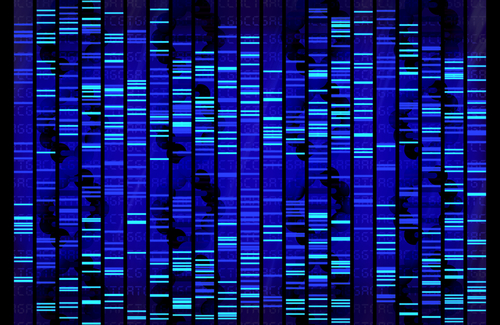You’ve most likely seen on TV, ads for home kits like 23andMe and Ancestry.com about your ancestry through saliva testing. 23andMe is now offering the ability to give you health reports as well, and people are curious if these reports can determine if they carry the BRCA 1 or BRCA 2 genes, which increase the risk of breast and ovarian cancer.
The concern is the patient will look at a negative result and think that they have no chance of developing breast cancer related to an abnormal gene, but patients need to know that these types of direct-to-consumer genetic testing kits may not give you the kind of information that specific medical testing kits for breast cancer do.
Kits like 23andMe don’t test for all the genes for breast cancer and its possible variants. They only test for an extremely small number, out of the thousands, of variants in the BRCA 1 and BRCA 2 genes, known for breast and ovarian cancer. In addition, there are other breast cancer genes known to increase risk, with a panel of 20 or more genes that may be important for the patient in a clinical setting. Another issue is these specific gene mutations, tested by 23andMe, are only common in certain ethnicities and nationalities. In-Person testing with a doctor is more thorough, will cover all the bases and get you the most accurate information. This testing can also be offered through a simple saliva test.
If you feel that you are at risk for breast cancer, talk to your doctor about a multi-panel specific gene test for breast cancer. For a consultation with a breast cancer specialist, please call: 732-458-4600.
